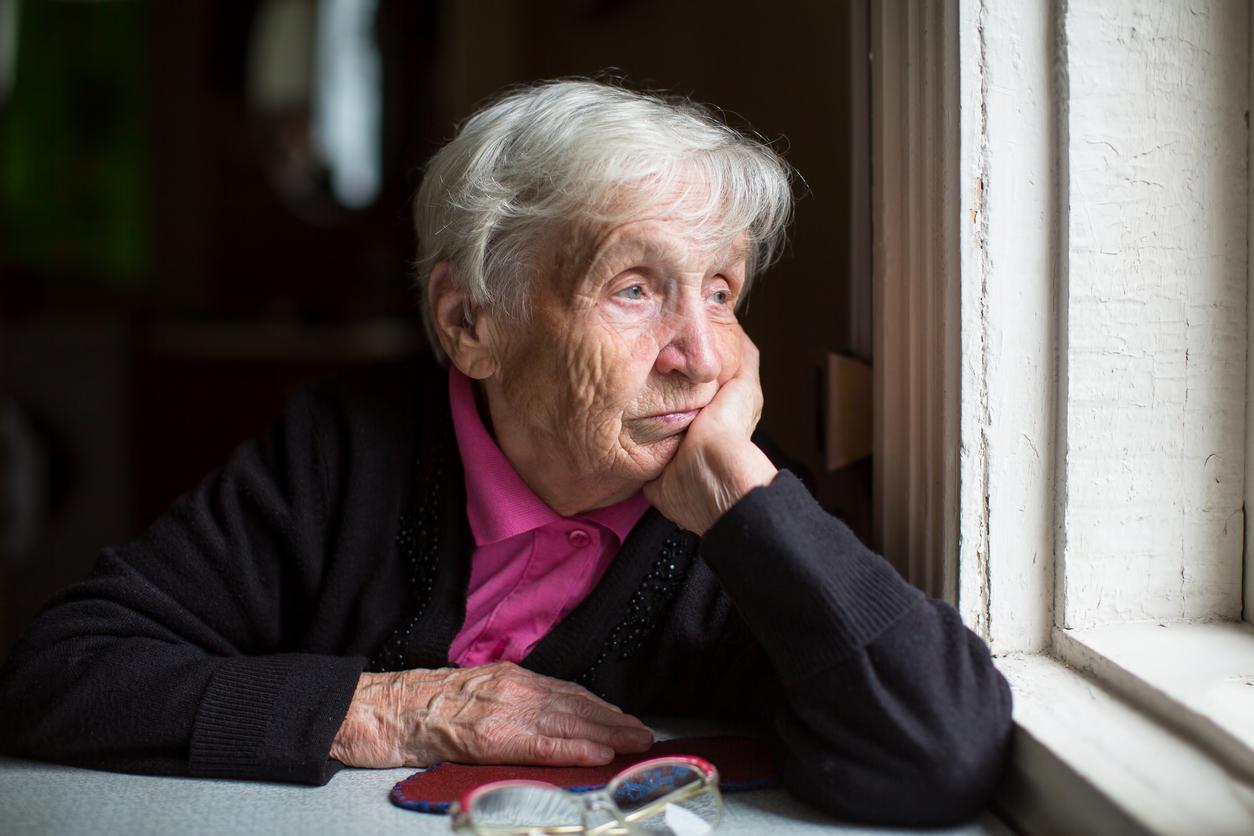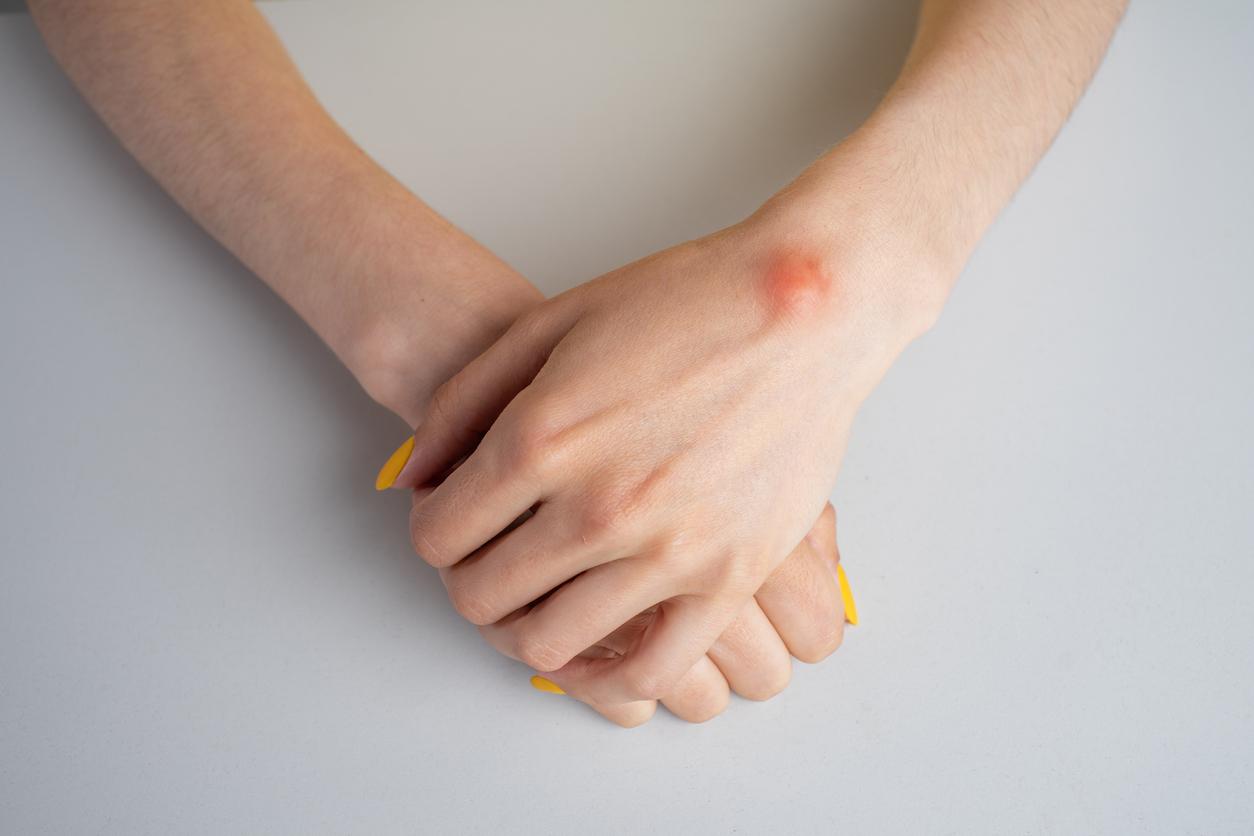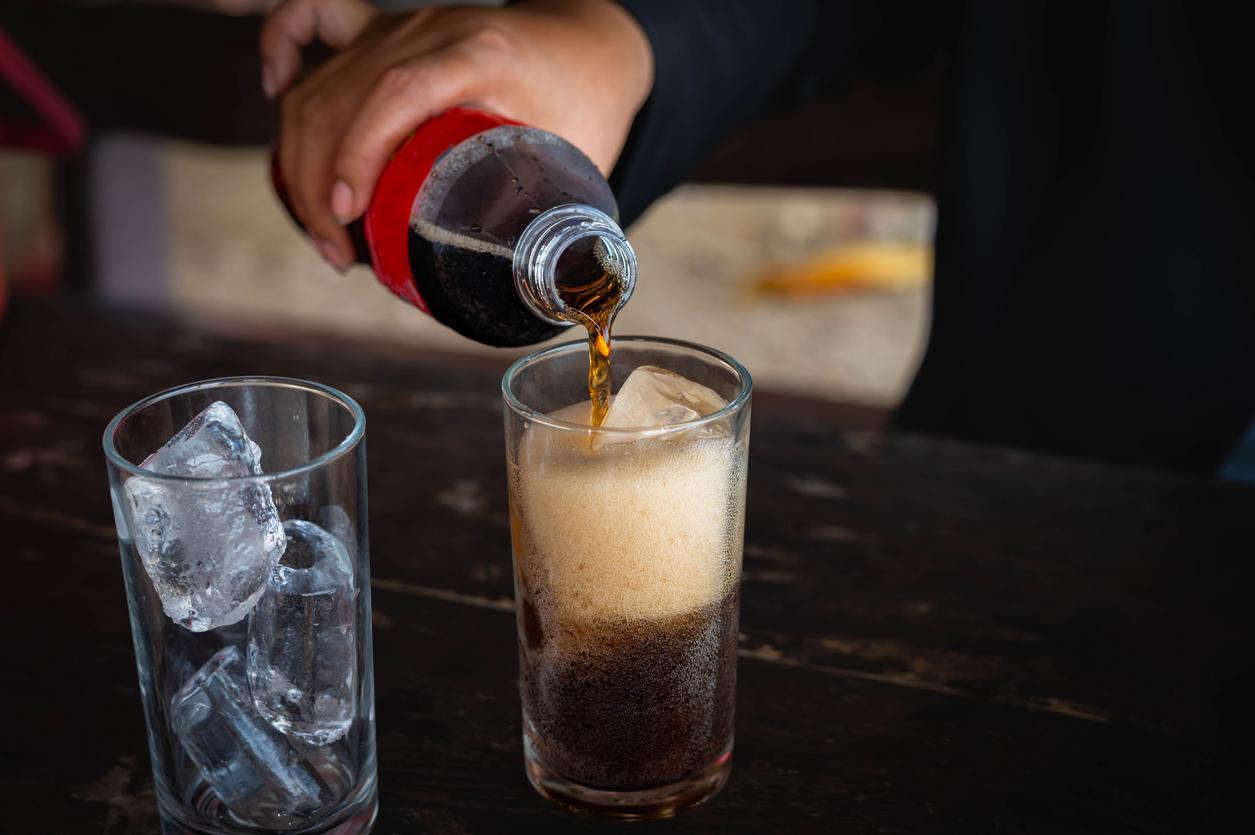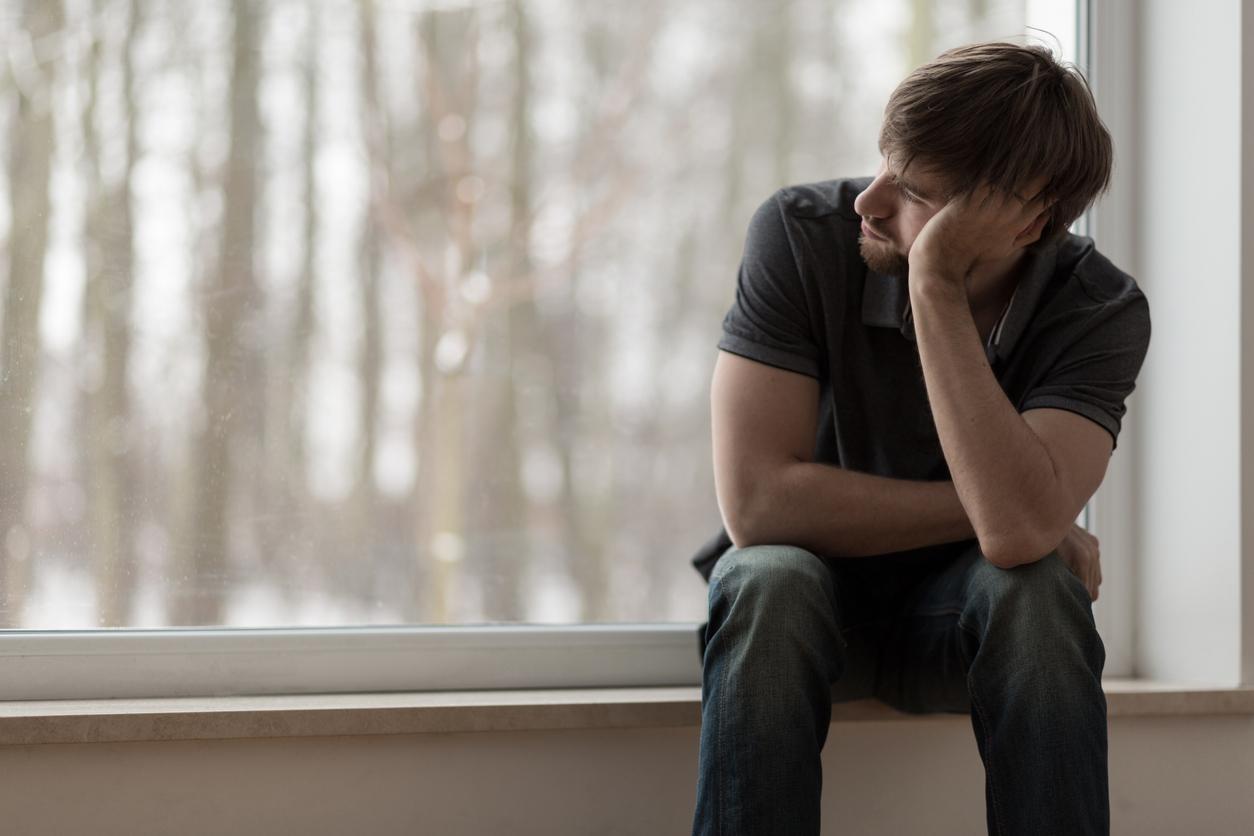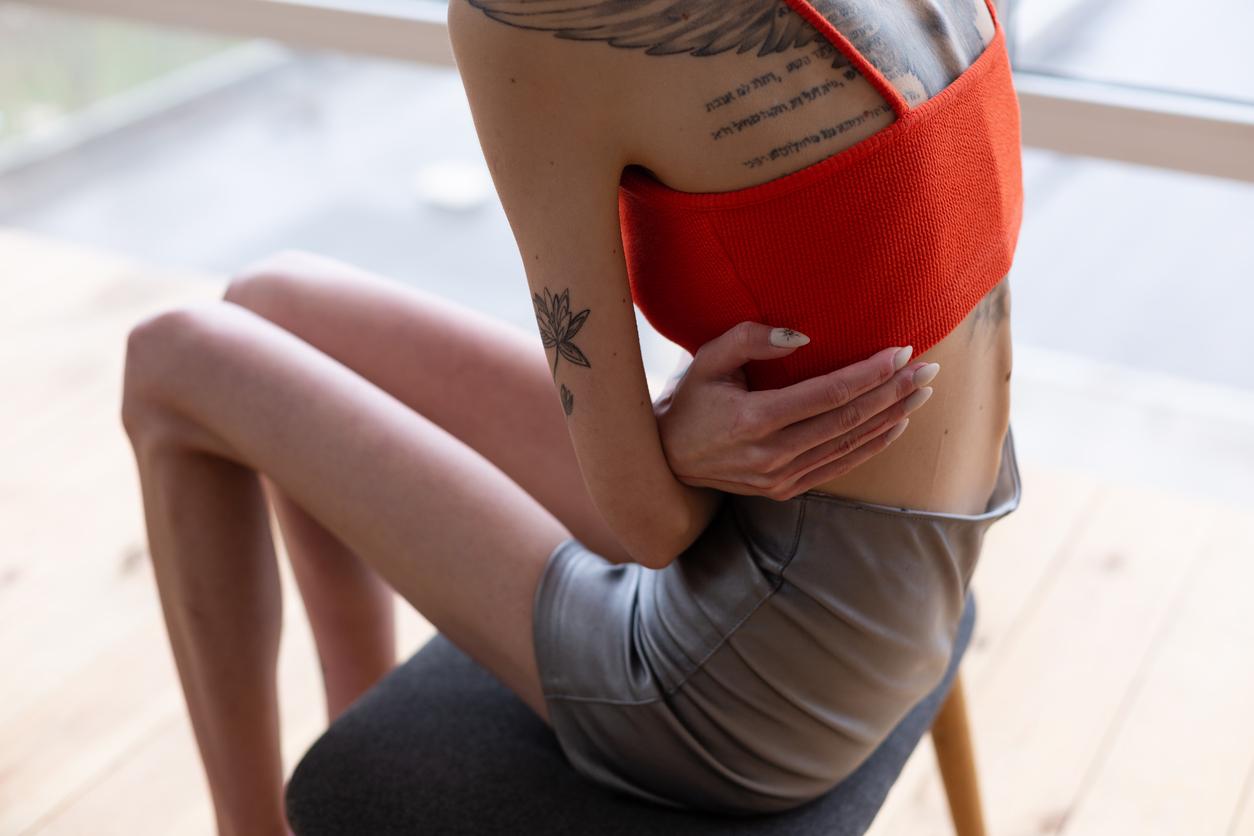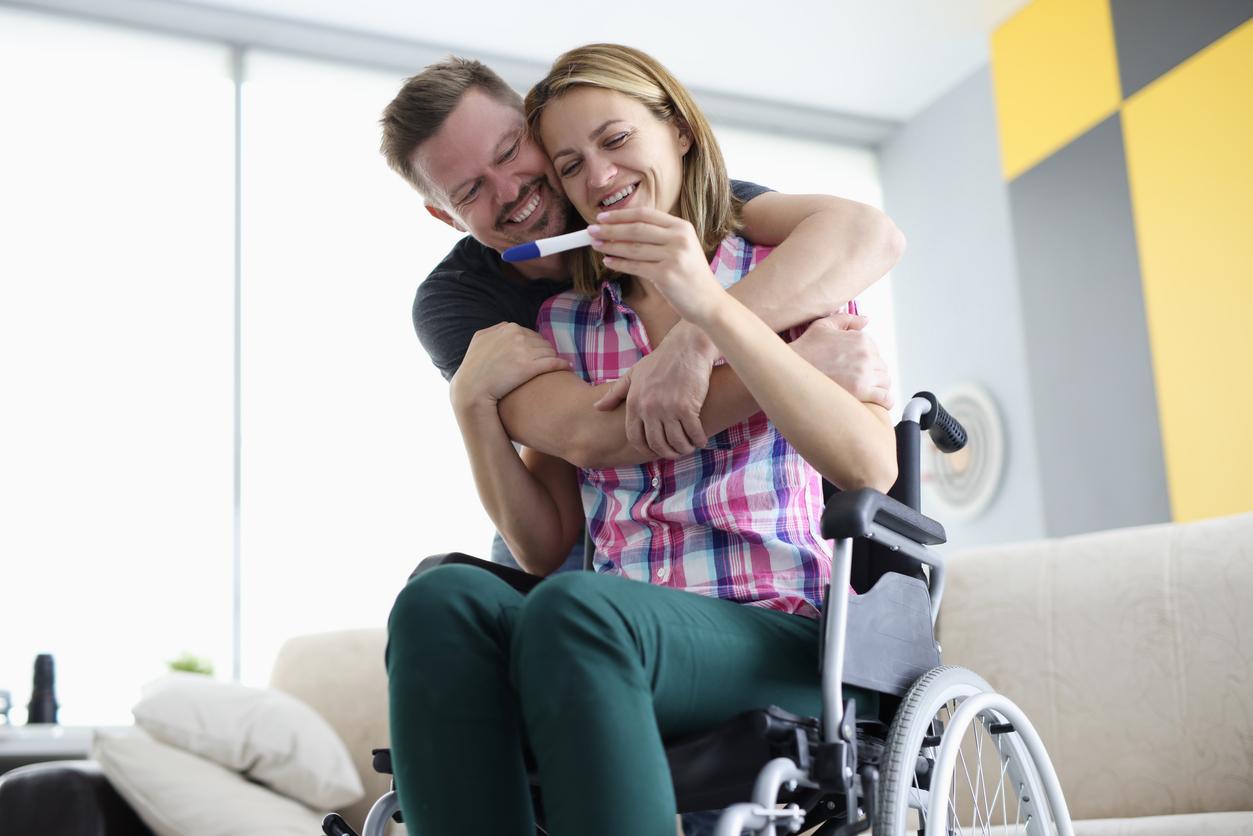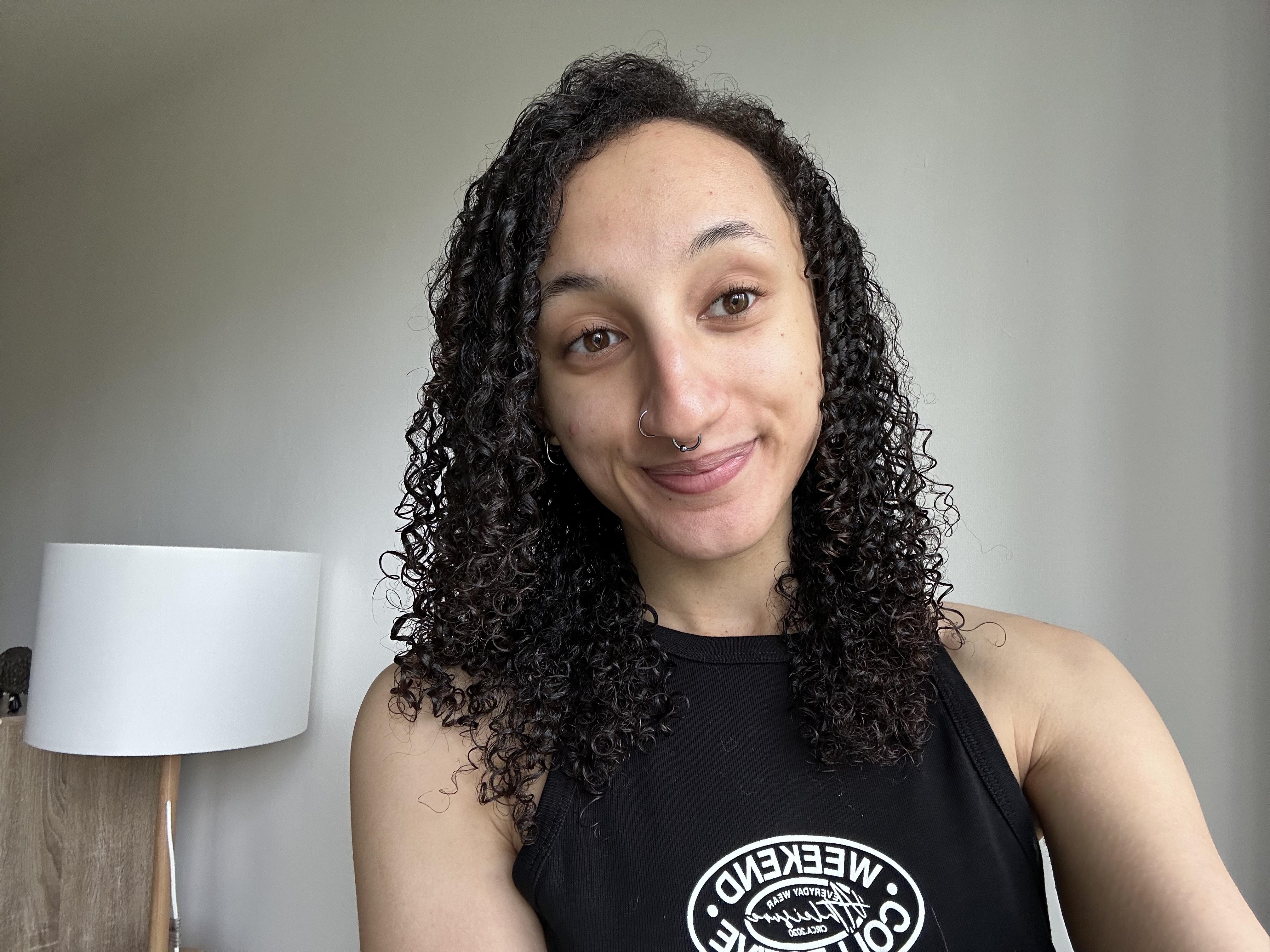The head of social sponsorship at the Bettencourt Schueller Foundation takes stock of the actions carried out by associations in favor of the integration of people with disabilities.
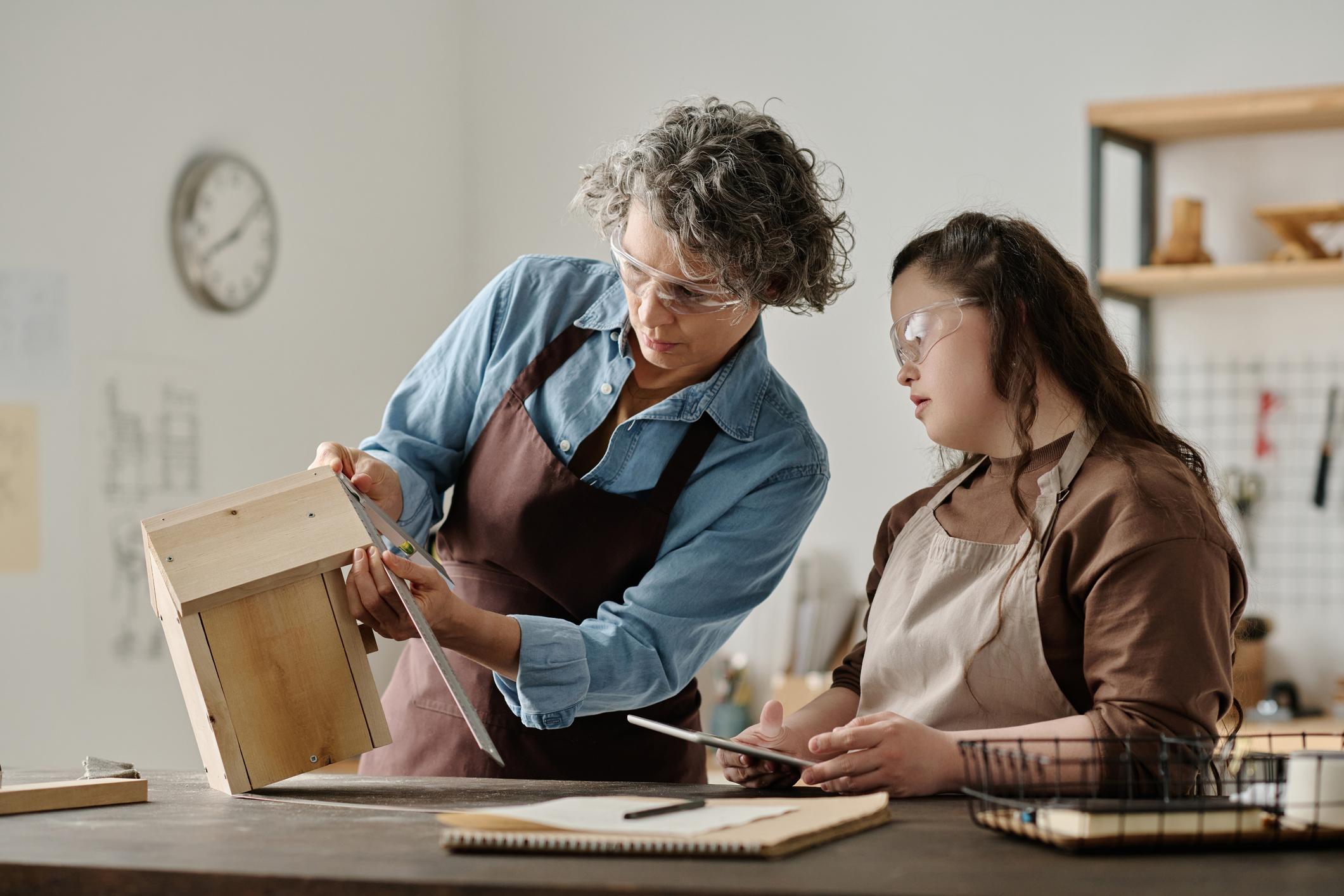
On the occasion of the International Day of People with Disabilities, December 3, Fait Docteur spoke with Dorothée Hontebeyrie, director of social patronage of the Bettencourt Schueller Foundation. It supports around fifty associations as part of its social sponsorship, particularly in favor of the inclusion of disabled people, who today number nearly eight million in France, according to official figures.
Why Doctor: What actions in favor of disabled people are undertaken by the associations supported by the Bettencourt Schueller Foundation?
Dorothée Hontebeyrie: The association leaders we support are social entrepreneurs who innovate and seek new solutions. The objective is to give them the means to experiment with these solutions and to develop them on a larger scale. We choose projects which, through their impact, contribute to building a more inclusive and united society. For a long time, we have supported, for example, associations that promote inclusive housing, such as Simon of Cyrene And Siblings. 15 years ago, it was completely innovative to have people with disabilities and able-bodied people live together. The Foundation was one of their first partners which allowed them to structure themselves to develop.
We support projects which help people with disabilities to find their place in society, but also society to change its outlook on disability.
What is the number one discrimination faced by people with disabilities?
There are many, it depends on the disability, but probably inclusion. All our actions are carried out so that people with disabilities are included as much as possible in ordinary life. This notably involves housing: in the Fratries project, there is really no longer any notion of caregiver and those being helped, no more difference between disabled people and others within shared accommodation. Everyone has their own room and private bathroom, and there are collective rooms, where they cook, eat, play games… just like in any shared accommodation.
Inclusion also involves work, with the association Extraordinary Springboardwhose first project is a completely classic restaurant which employs disabled people, or with the association Live and Work Differently, which encourages ordinary companies to hire autistic people. We have also supported, in the past, the Foundation AMIPI – Bernard VENDRE, which creates adapted factories where the vast majority of employees have cognitive disabilities, with the idea that work “repairs”. So many projects that help people with disabilities to find their place in society, but also society to change its outlook on disability. We are convinced, at the Foundation, that everyone comes out of it better.
Is diversity the secret to inclusion?
These projects promote diversity, encounters, and it is the encounter between different worlds that breaks down barriers between relationships, that removes the barriers that people build for themselves based on their age, their environment, etc. Promote fraternal bonds is a key to building a more humane society, concerned with giving a place to the most vulnerable.
These projects promote diversity, encounters, and it is the encounter between different worlds that breaks down barriers in relationships.
What are the main obstacles today to the integration and autonomy of people with disabilities?
Perhaps the lack of inclusion at school, the insufficient support for disabled people in society, or even the place that able-bodied people are ready to give them. Whether doctors’ offices or leisure and sports centers, too many places are still not suitable for taking care of them. There is also a certain fear of others, of difference: many able-bodied people may be uncomfortable, or not know how to welcome or approach people with disabilities. The projects that we support are one of the links that attempt to develop their image within society.
Whether doctors’ offices or leisure and sports centers, too many places are still not suitable for caring for people with disabilities.
Disability can also concern people with mental illnesses. How to help them?
The Foundation supports several initiatives working for people suffering from mental illnesses (schizophrenia, bipolar disorder, severe depression, etc.), with the aim of promoting their reintegration, particularly after a stint in a psychiatric hospital. There are too few structures to take care of them, even though they need support to get back on track. To remedy this, the association Clubhouse France, for example, has created in around ten cities in France places of mutual aid and daytime activities for people with mental disorders: they will co-manage the places themselves, regain self-confidence, gain autonomy and redefine their professional project with the supervisory teams (preparation of CVs, assistance with job interviews, transition to employment, etc.). Clubhouse also does enormous awareness-raising work among companies, to deconstruct prejudices and support them in welcoming employees suffering from mental illnesses.







